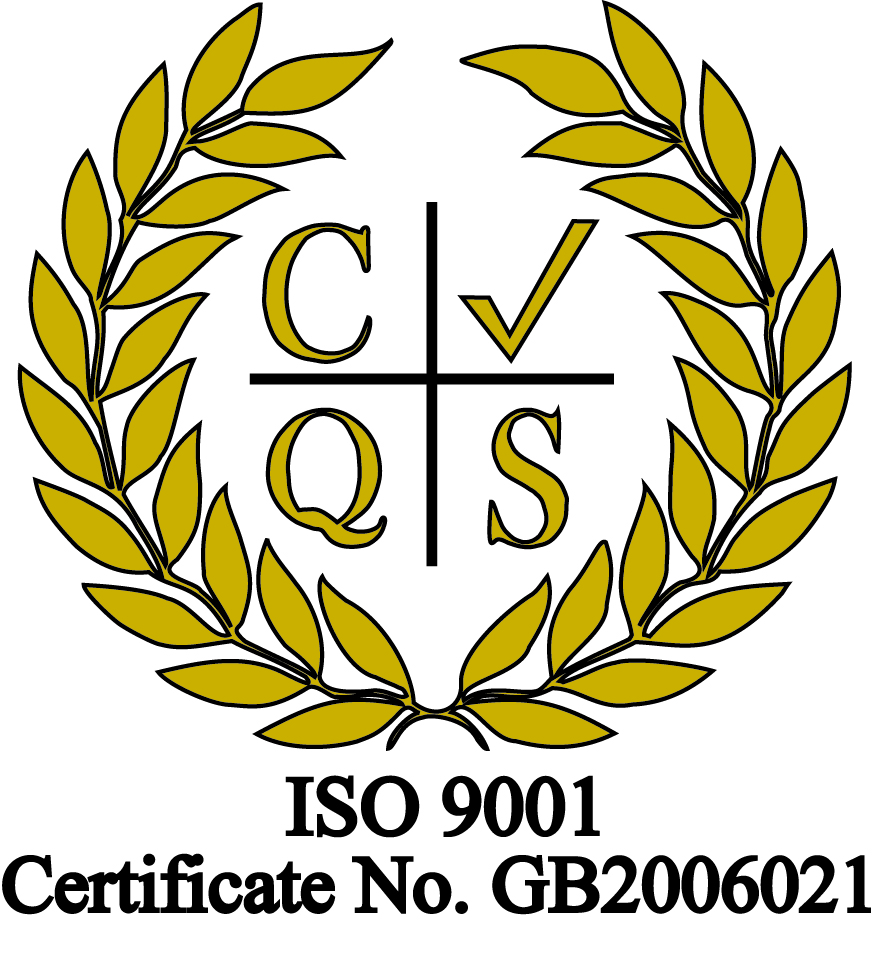There is a need to improve Battery Management Systems (BMS) in the aerospace industry and other sectors which use electrical propulsion systems. Batteries degrade with use, so being able to accurately estimate battery state of health (SoH), the useful life of a battery, is crucial. This is particularly important as we transition to a greener future because efficient battery technology is critical across all electric vehicles and renewable energy systems.
Traditional methods of estimating battery SoH rely on mathematical models and physical measurements which can be complex and time intensive. Currently, ways of measuring SoH are pessimistic, meaning batteries are discarded although they may still be viable.
Research approach
LRW Engineering Associates and Warwick Control Technologies wanted to explore whether machine learning (ML) could simplify and improve the SoH process to optimise battery usage, life, and performance - and also improve BMS security.
The businesses successfully secured a project grant through Aerospace UP – an organisation set up to support the Midlands aerospace supply chain to develop innovative technologies.
Project team
A project team was set up which comprised:
- LRW Engineering Associates – specialising in battery diagnostics and prognostics
- Warwick Control Technologies - focused on BMS cyber security
- ORKA Group - providing the fabrication of the moulded battery case
Objectives
LRW were focused on 2 key project objectives:
- To work towards establishing an improved BMS system - which combines innovative and cost-efficient SOH monitoring capabilities.
- To work with ORKA to create a re-usable casing for batteries to decrease current wastage – typically batteries are sealed within a unit which is then discarded at end of life.
Project methodology
The project was designed to run over a 20-week period. LRW developed a best practise methodology for the BMS SoH project covering 6 key stages:
1. Data Collection A diverse set of battery data were collected, including voltage, current, temperature, and other key parameters. Each SoH module was assembled into the same re-usable enclosure and run through an identical series of tests. 2. Feature Extraction Relevant features were extracted from the collected data that captures the battery's behaviour. The approach was limited to steady-state discharge profile only. An initial characteristic was established by conducting a slow discharge, further discharge profiles were conducted, and features were post processed. 3. Training Data The collected data were divided into training and testing datasets. The training dataset was used to teach the machine learning model the relationship between the extracted features and the SoH values. A small amount of training data were used on all available regression algorithms to select the best 5. 4. Model Selection The Matlab Regression Learner App was deployed for this process.LRW selected the most appropriate machine learning algorithms which included TFT Tree: Fine Tree, EBT Ensemble: Bagged Trees & SFG SVM: Fine Gaussian SVM. The training data were then applied to each of these 5 learning routines and results compared.
5. Model Evaluation The trained model's performance was assessed to measure the model's predictive capability using the testing dataset against metrics such as accuracy, mean absolute error, or root mean square error. The best ML result was 75% accuracy using the Fine Tree regression learning algorithm, 2 models were discarded.6. SoH Prediction Once the model is trained and validated, it can be used to predict the SoH of a new battery. The battery's operational data are fed into the model, which then generates an estimate of the battery's SoH.
Outcome
The preliminary outcomes were successfully achieved and demonstrate that it is feasible to use machine learning for calculating battery SoH. This means it will be possible to enhance the management and performance of batteries in a wide range of applications, leading to more efficient and sustainable energy systems. The overall project has successfully delivered 3 new pieces of intellectual property:
- A 75% accurate battery SoH development process and algorithm based on machine learning.
- A re-usable battery module design that can take used lithium battery cells - This new unit design will provide safe battery storage and could be used and sold for multiple applications -including storing solar energy within workplaces or residential homes.
- A cybersecure CAN bus demonstrator which will show the capability of technologies for network intruder detection – a patent is currently under application by Warwick Control Technologies.
The project team has plans for a further grant application to refine the machine learning iterations. It is anticipated that these capabilities will lead to meaningful developments within the aerospace and electric vehicle sector through collaboration with manufacturers.
‘We’re delighted with the project outcome and it’s great news - not just for aerospace, but for all sectors that use electrical propulsion systems. Ultimately, better battery management and more accurate diagnostics and prognostics means we can reduce the battery lifecycle and wastage. We’ll be able to refine our approach further as we go into the next phase of the research.’
Richard Threlfall, Director, LRW Engineering
Got a project in mind? Get in touch to see how we can help.



